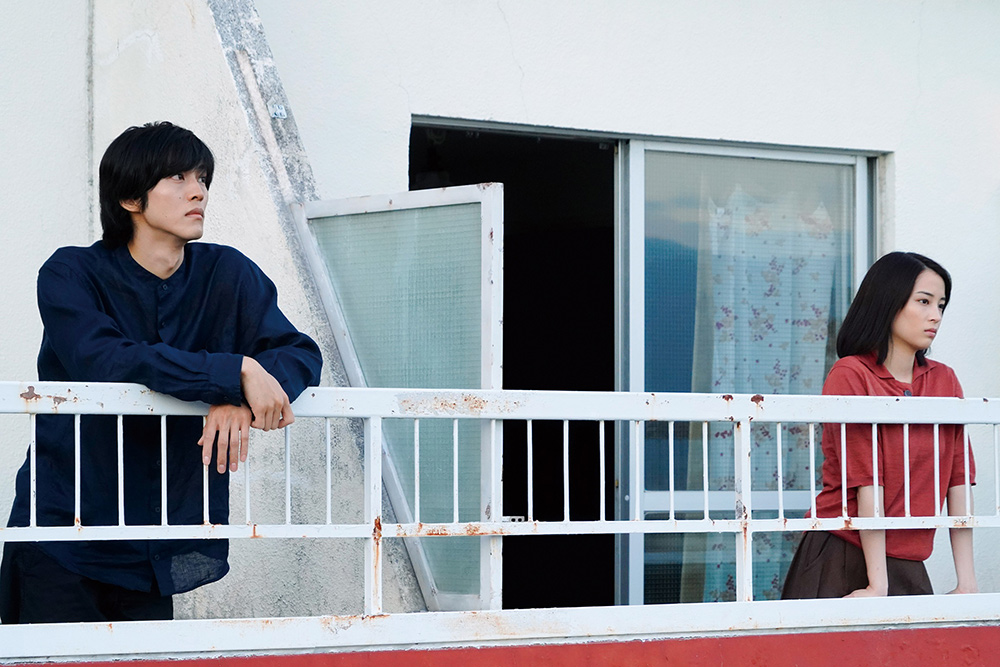!["Wandering Moon" Director Lee Sang Il: The many decisions that are required every day, what do you ultimately rely on? [Director's Interview Vol.206]](https://cinemore.jp/images/a0445e1aaa32557de7afbcb1890e968361eaf55c260dddc5e2660c70912ab7d8.jpg)
"Wandering Moon" Director Lee Sang Il: The many decisions that are required every day, what do you ultimately rely on? [Director's Interview Vol.206]
What we ultimately rely on is our “feelings”
Q: This work also depicts social issues such as the slander generated by the internet and the prejudice based on it. I think this is one of the characteristics of Lee's work, but what do you think about the significance of depicting such issues in the entertainment form of film?
Lee: Rather than a social issue, I feel like it's a problem that affects each individual's heart. Of course, consideration of society and movies cannot be separated, but it's all about how you feel and think as an individual. If you saw the kidnapping perpetrator and the victim together, you might think that it's not very pleasant, and if you don't have the confidence to think positively, you might even feel threatened. do not have. Or they see the victim as pathetic. Such people's mental problems cause harm and suffering to others. And there are people who have to endure that suffering. I feel like that's the core of this movie.
When we think about an individual's conscience, do we kill our conscience and conform to common sense, or do we confront common sense in order to protect our conscience? You will be faced with a difficult choice. Because the story is entertaining, I believe that it is possible to resonate with and think about people and their lives that are completely different from your own.

“Wandering Moon” (c) 2022 “Wandering Moon” Production Committee
Q: Film production involves a variety of work styles, from writing a script, which is a relatively individual task, to shooting, which involves a large group of people working together, to editing, which involves a small group of people. What is the state of the ``movie'' in the director's head at any given time?
Lee: By involving a large number of people, unexpected interpretations and different perspectives may emerge. There are times when I groan and say, ``I see,'' and there are other reactions that are difficult to understand. So, there is no end to worry. There are many difficult situations that require both stability and flexibility, and there are also situations where it is important to not waver even if you make a mistake, and you need to put your own pride aside and deal with it flexibly. There are some situations where it is possible. It's really difficult to accumulate decisions one by one, especially on set. I don't know how much I am able to make the right decisions on a daily basis, but in the end I rely on my senses.
I think what is necessary to make that feeling convincing is to create a script. When I am writing a script, I come across doubts and mistakes within myself, which gradually develops the core of my work. When you're having trouble on-site and don't know what to do, rely on your beginner's intentions. Writing scripts is really lonely and painful work, so I'm not good at it and I don't like it. However, it is also the time when you can face the work the most, so you can figure out what you want to do.

